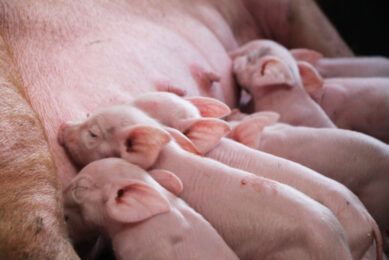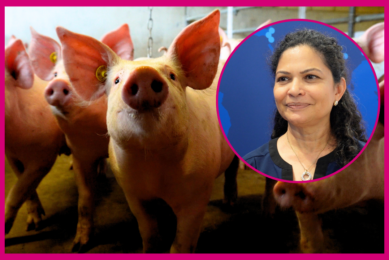Antibiotic-resistant pigs discovered in UK
![[Photo: Vincent ter Beek]](https://www.pigprogress.net/app/uploads/2021/04/001_322_rb-image-2738021-848x565.jpeg)
The British Animal Plant Health Agency has discovered antibiotic-resistant pigs at three farms. At the same time, Public Health England has announced that it found several resistant bacteria samples in human infections relating to salmonella and E. coli.
The pigs contain a gene, mcr-1, which causes bacteria to be resistant to colistin, which is considered to be the so-called last line of antibiotics. The gene was first found last month in pigs and meat in China and is also present in several other European countries including Denmark and the Netherlands. In the UK, it was discovered in bacterial samples that were gathered from three pig farms as well as from imported chicken meat, AHPA said. Officials said the threat to public health was low, but that they would be monitoring the situation closely.
Colistin mostly used for pigs and poultry
Colistin is mostly used for intensively farmed pigs and poultry, and scientists believe the resistance gene has spread from farm animals to humans because the antibiotic is used much more widely in veterinary medicine. A Freedom of Information request submitted by the Alliance to Save Our Antibiotics found 837kg of colistin were sold for use in British farm animals in 2014. However, colistin usage in animals makes up less than 0.2% of UK antibiotic use in livestock.
The Alliance to Save Out Antibiotics is calling for a ban on the routine preventative use of colistin. Earlier, industry body, the Responsible Use of Medicines in Agriculture (Ruma), announced voluntary restrictions on the use of colistin in UK. John Fitzgerald, secretary-general, said Ruma had consulted with veterinary sectors that used the antibiotic and they had agreed to restrict their use while the risks were being assessed.











